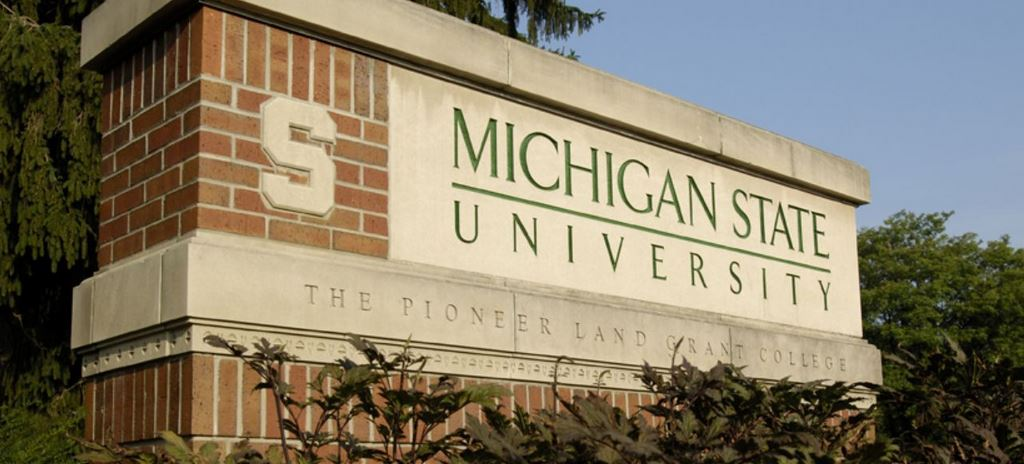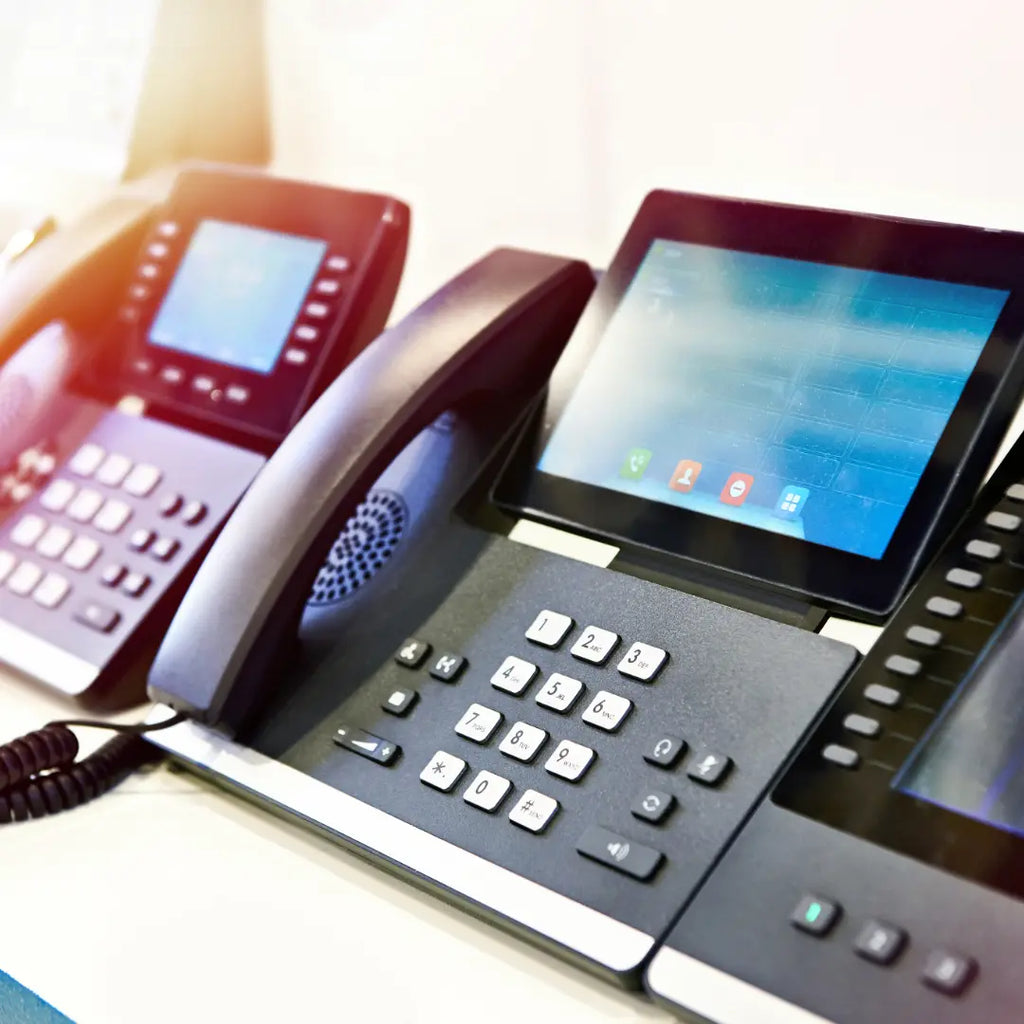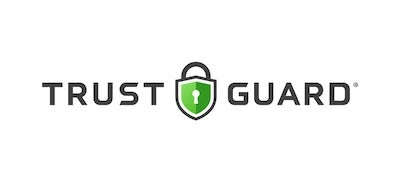Michigan State University Saves Over $2 Million, Prevents Over 12 Tons of E-Waste by Modernizing to IP Communication
- Atlas Phones Blog
- 10 May, 2019
Michigan State University, or MSU, was founded over 150 years ago. Today their staff of over 10,000 serves more than 50,000 students. MSU is considered one of the top universities in the world, ranked in the top 8% of universities in the United States. In continuing their academic mission to provide world-class education, the university recently decided it was time to modernize their communication capabilities.
MSU was previously relying on an outdated analog communication system, that could not meet the current demands of the university. Their decision was to modernize to IP voice across their entire 5,200-acre campus. A few key issues would need to be addressed first, including any networking barriers, and the environmental impact of updating their infrastructure.
Network Infrastructure
Implementing the necessary network infrastructure became MSU’s first obstacle. The university was introduced to both NVT Phybridge and Modern LAN principles. Modern LAN principles reduce cost, eliminate the disruption and ensure an environmentally responsible modernization to IP. Michigan State moved to support this new IP communication solution, with its existing voice infrastructure.
MSU participated in a no-obligation proof of concept to test the solution to their environment. After just a few steps of setup, the PoLRE switch with SmartPathPoE technology transformed the existing pair UTP infrastructure into an IP path with power. The PoLRE switch extends Power over Ethernet (PoE) up to 1,200ft (365m) away from the application- which is 4 times farther than standard PoE switches. This ensured MSU could connect new IP phones in the exact location they needed to be.
Environmental Impact
This route of modernization was impressive for Michigan state with its ability to remain environmentally responsible. Their solution was able to prevent over 12 U.S. tons of cabling e-waste from ending up in a landfill. It also eliminated the need to install over IDF closets thanks to the long-range capability of the solution, reducing network complexity and overall energy consumption.
Return on Investment
MSU’s approach to finding better ways to support IP modernization resulted in a more financially and socially responsible solution. Their choice of applying Modern LAP principles and using innovative switch technologies allowed them to reduce infrastructure costs by more than $2 million. They were also able to accelerate distribution by removing the need for re-cabling or construction work. They distributed over 4,000 new IP phones without disrupting the students or staff. Their solution maintained a physically separate cyber-secure network for voice that is easy to manage and eliminates risk and complexity of the project.
As a result of their efforts, Michigan State University received the loT Pioneer Award from NVT Phybridge.
Other Universities Striving to Reduce E-Waste
E-Waste is a growing problem in the United States, where millions of tons of e-waste are disposed of improperly each year. According to a report from the Word Economic Forum, e-waste is now the fastest growing form of waste in the world, estimated at 48.5 million tonnes in 2018. Alongside the efforts of Michigan State, other universities are striving to reduce the ongoing effects of this problem. Indiana University, for example, has numerous e-waste disposal sites listed on their “Green IT” website to ensure the proper disposal of electronics and their accessories. Across IU’s campus at residence halls and academic or office buildings, students can properly dispose of batteries and printer/toner cartridges. There are also drop off sites on and off campus that will take larger e-waste materials to be recycled.
Harvard University's e-waste recycling locations are also featured on their website through a map of the numerous campus locations. Students can easily drop off recyclable materials at blue e-waste recycling drop off stations. These locations recycle used batteries, chargers, and cords as well as toner and ink cartridges. Materials such as old electronics (phones, laptops, USB drives) can be recycled at local IT offices.
Efforts like these are seen across the country from universities striving to raise awareness and provide appropriate e-waste disposal methods for their communities. Many include e-waste recycling information as an easily accessible part of their website.
What You Can Do
Just as MSU updated their communication systems, you or your company may be looking to do the same in the future. In order to recycle your e-waste materials properly, you will need to look at the options available to you in your city. The best option is often to donate old electronics that can be refurbished or reused. There are also electronic recycle locations, events or even retailer take-back programs at stores such as office suppliers.
You can also easily recycle old electronic equipment (such as old desktop phones) here at atlasphones.com. You can do this by emailing purchasing@atlasphones.com or by submitting a bid request here http://atlasrecov.com/. This is a great way to reduce the number of old electronics lying around that you don’t need, with peace of mind knowing they will not be going to a landfill.















